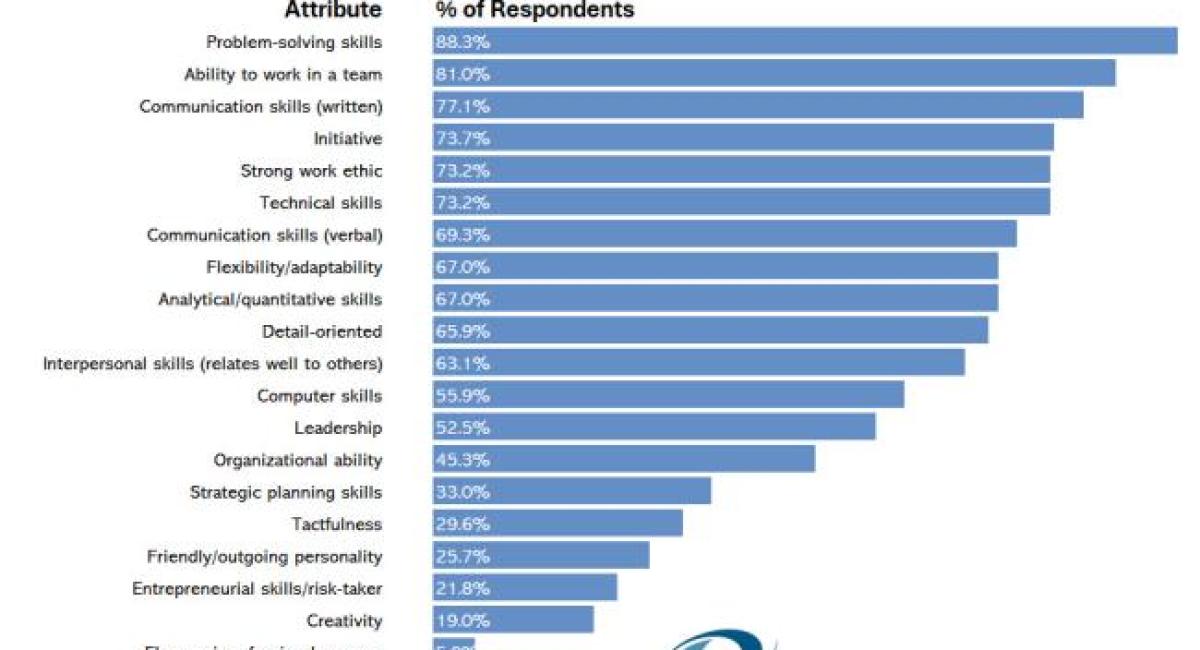Last Thursday evening, I gave a talk to university students who are entering the job market this spring. Many of the students expressed anxiety about this market, given recent unemployment statistics. To assist these students in strengthening their prospects, I shared the same strategy I share with every candidate: network, network, network!
I’m sure you’ve heard this advice before, but have you applied it to your own job search? Whether you are looking for a position in drug discovery, science writing, or student services on a university campus, building up a network of contacts in your field of interest in crucial.
Networking....or Not Working
Greetings from the author
Hello, and welcome once again to the OITE Careers Blog! My name is Melanie Sinche, and I will serve as this blog’s primary author. Future authors may include Dr. Sharon Milgram, Director of the Office of Intramural Training and Education (OITE), Dr. Patricia Sokolove, Deputy Director of OITE, and others.

Welcome to the OITE Careers Blog
Happy New Year, and welcome to the OITE Careers Blog! With the advent of 2010, the staff at the NIH Office of Intramural Training and Education (OITE) is turning to a new technology medium to share information with trainees about careers in science. Why a blog, you ask?




